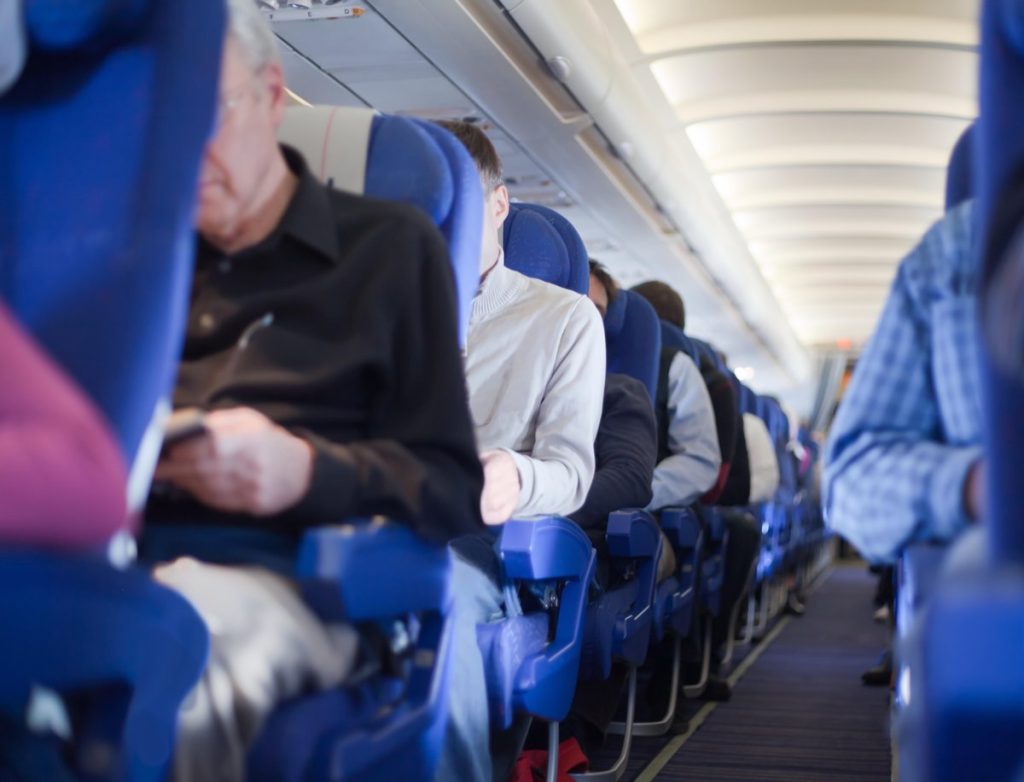THURSDAY, May 23, 2024 (HealthDay News) — Experts expect this Memorial Day weekend to be the busiest yet, with nearly 44 million Americans expected to travel between Thursday and Monday.
Many of these travelers will have a companion with Alzheimer's disease or another dementia-related illness, according to the Alzheimer's Foundation of America (AFA).
“Taking a trip over Memorial Day weekend can be a fun way to kick off the summer season for someone with dementia if caregivers make the appropriate preparations and adaptations,” said Jennifer Reederdirector of educational and social services of the AFA.
“Whether traveling by car or public transportation, caregivers can take a few steps to make travel more comfortable, less stressful and more enjoyable for their loved ones and themselves,” Reeder added in a press release from the AFA.
Some of these steps include:
Ensure travel is advised. People with early dementia may still enjoy traveling, but those in more advanced stages might find it an overwhelming experience. Check with their doctor to make sure they are allowed to travel the distance you have planned for your trip.
Plan according to the person's abilities and routine. Small or unfamiliar changes can sometimes be too much for a person with dementia. Choose a mode of travel and a schedule that causes the least anxiety and stress, taking into account the person's abilities and needs. For example, they can travel more easily at a specific time of day or eat normally at a certain time.
Do not exceed the schedule. Overstimulation can cause confusion, agitation, or anxiety in a person with dementia. Be sure to schedule downtime to allow the person to rest and recharge. Focus on spending quality time together, rather than trying to cram yourselves in a bunch of sights, attractions and activities.
Pack wisely. Bring snacks, water, fun activities like puzzles, and comfort items like a blanket or the person's favorite sweater. Don't forget an extra set of comfortable clothes, in case you travel somewhere warmer or colder than your home territory. Carry important health documents, a medication list, and medical information for your loved one.
Plan for break time. Regular breaks while traveling to eat, go to the bathroom, and rest can help the person better enjoy their time with you.
Understand safety procedures. Find out about airport or train station security screening procedures in advance and let the person with dementia know what to expect. This can reduce their anxiety. Additionally, the Transportation Security Administration provides assistance in screening air travelers with dementia-related illnesses; contact the TSA Cares helpline at least 72 hours before your flight to find out more.
Notify the airline. Inform your airline that you are traveling with someone who has a memory problem. Talk to them about any safety concerns or special needs regarding your loved one.
More information
The AARP has tips for traveling with a loved one suffering from dementia.


